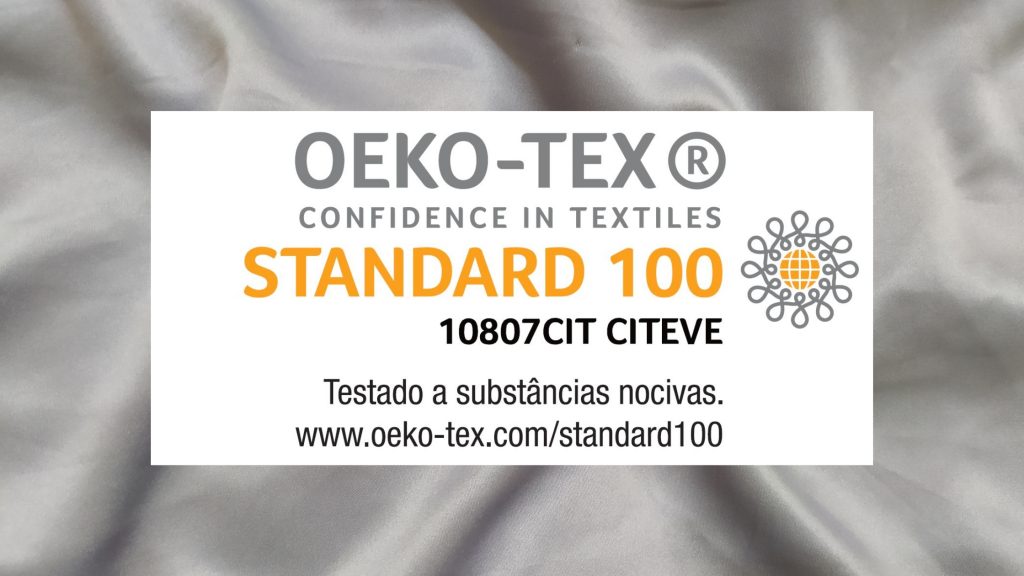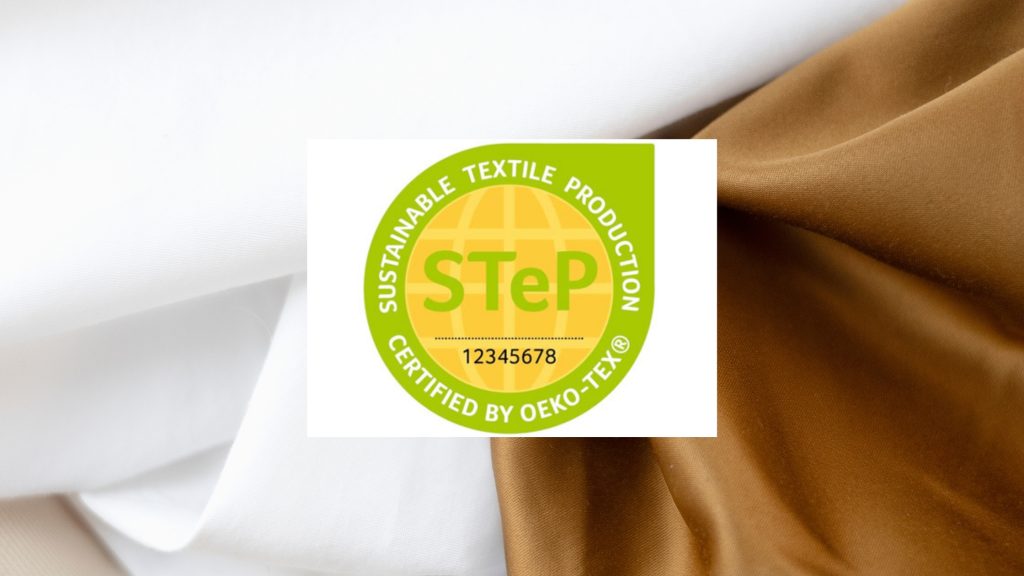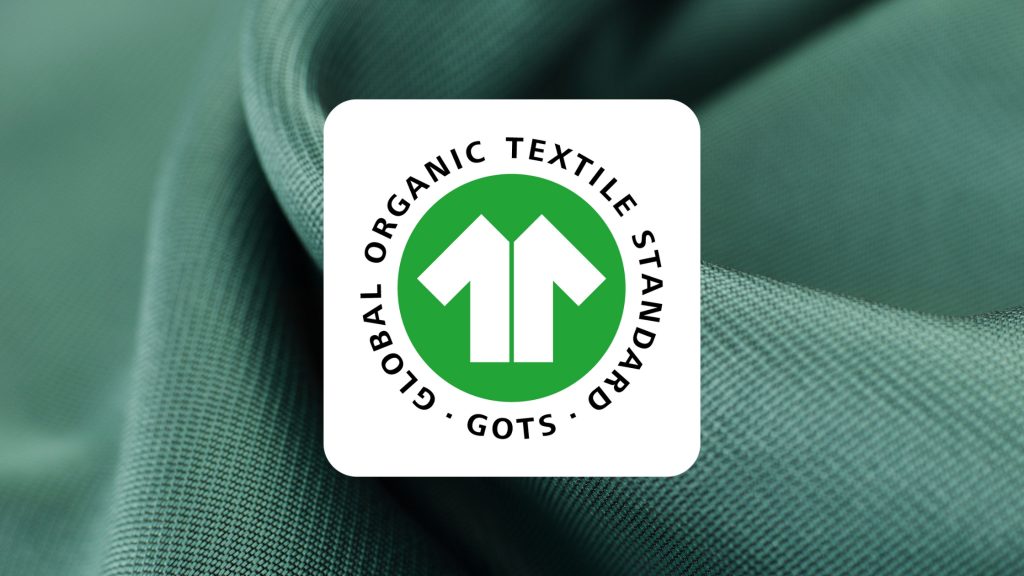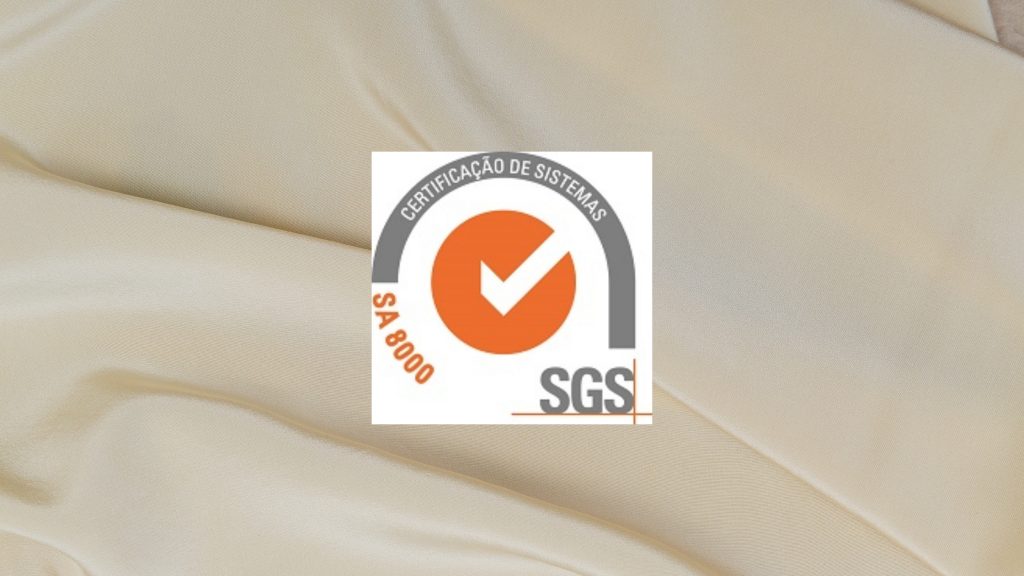Discover what textile certifications exist and what they mean
Textile certifications in general work as a voluntary system, and may at specific times become mandatory when required by the customer. Increasingly, certifications are seen as a guarantee in the fulfillment of all requirements by brands.
The appearance of new certifications in the market has been increasing, and it is up to each company to analyze which ones are more favorable to it and which ones best fit its growth strategy.
Most certifications are internationally recognized, making it possible to ensure the comparability of procedures in various countries.
What are the main textile certifications that exist?
OEKO-TEX® Standard 100

The OEKO-TEX is an international certificate for raw materials, intermediate and end products to be tested for harmful substances according to the criteria applicable to each. This certificate can be applied either to baby textiles, clothing, home textiles or decorative materials. Thus, this certification guarantees that each article is harmless to human health, conveying a sign of confidence to the brands as well as to their customers.
STeP (Sustainable Textile Production)

The goal of STeP certification is the long-term implementation of environmentally friendly production processes, creating better social, health, and safety conditions. Its assessment covers individual aspects of sustainability and includes a comprehensive analysis and evaluation of the brand’s production conditions. Its main focus is to certify the entire textile production chain.
STeP certification gives targeted support to companies to help them enhance the implementation of environmentally friendly production processes and provides recommendations for improving working conditions and strengthening health and safety protection for workers at production sites.
This textile certification included verification of working hours, wage payments, and compliance with all medical and hygiene requirements, helping to contribute to the continuous improvement of production processes and the efficient use of resources, thus creating the basis for an optimal competitive position.
GOTS (Global Organic Textile Standard) Certification

The GOTS grantee certification guarantees the status of organic textiles, allowing them to be marketed worldwide. It ensures that the production processes respect the environment, working conditions, promotes the use of fibers from organic farming, and guarantees that no hazardous production factors such as toxic heavy metals, romantic solvents, and others have been used.
SA 8000

SA 8000 certification is an international certification standard that encourages organizations to develop, maintain, and apply socially acceptable practices in the workplace. This textile certification addresses topics such as slave and child labor, health and safety at work, freedom of association and collective bargaining, discrimination, disciplinary practices, working hours, compensation, and management systems.
CE Marking (Conformité Européenne)

One of the best known textile certifications is the CE mark certification. This certification is an indication of the mandatory compliance that a product must have in order to be marketed and distributed in the European Economic Area (European Union + Iceland, Liechtenstein, and Norway).
This mark indicates that a product complies with European Union (EU) legislation regarding safety, health, and environmental protection requirements, which allows its free circulation in the European market.
To conclude
Textile certifications arise with the effect of becoming a means of guarantee that companies have at their disposal to show and prove to customers that they meet all the requirements that guarantee sustainable textile production.
Simetex supports and uses all these textile certifications in its products as a guarantee of quality in its products and in all its production.
